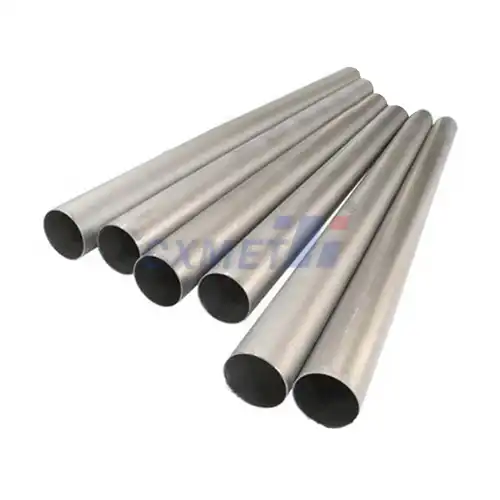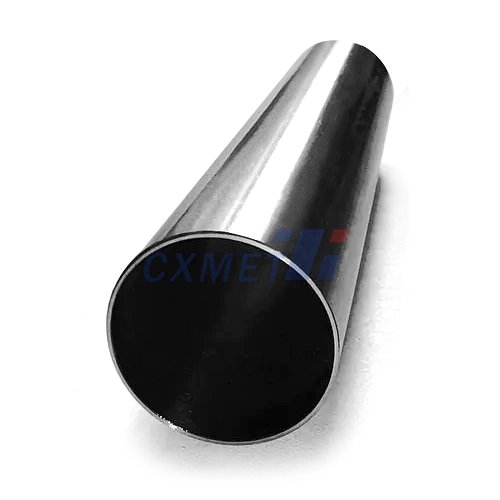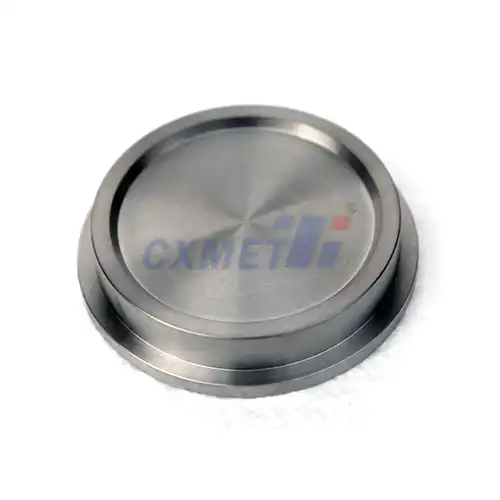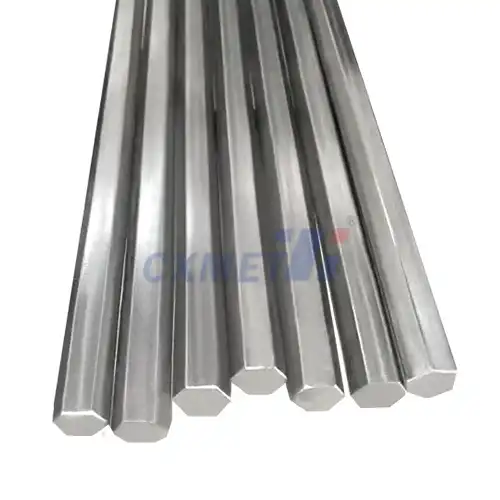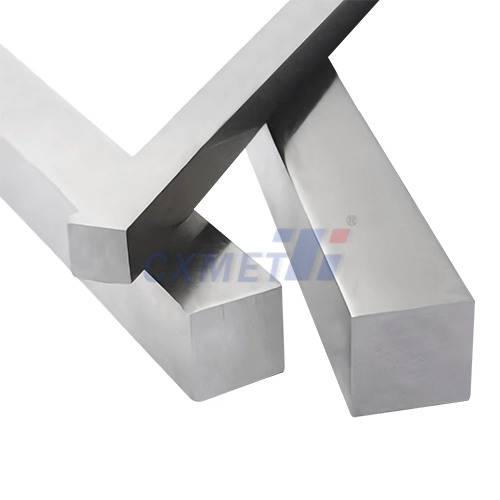- English
- French
- German
- Portuguese
- Spanish
- Russian
- Japanese
- Korean
- Arabic
- Greek
- German
- Turkish
- Italian
- Danish
- Romanian
- Indonesian
- Czech
- Afrikaans
- Swedish
- Polish
- Basque
- Catalan
- Esperanto
- Hindi
- Lao
- Albanian
- Amharic
- Armenian
- Azerbaijani
- Belarusian
- Bengali
- Bosnian
- Bulgarian
- Cebuano
- Chichewa
- Corsican
- Croatian
- Dutch
- Estonian
- Filipino
- Finnish
- Frisian
- Galician
- Georgian
- Gujarati
- Haitian
- Hausa
- Hawaiian
- Hebrew
- Hmong
- Hungarian
- Icelandic
- Igbo
- Javanese
- Kannada
- Kazakh
- Khmer
- Kurdish
- Kyrgyz
- Latin
- Latvian
- Lithuanian
- Luxembou..
- Macedonian
- Malagasy
- Malay
- Malayalam
- Maltese
- Maori
- Marathi
- Mongolian
- Burmese
- Nepali
- Norwegian
- Pashto
- Persian
- Punjabi
- Serbian
- Sesotho
- Sinhala
- Slovak
- Slovenian
- Somali
- Samoan
- Scots Gaelic
- Shona
- Sindhi
- Sundanese
- Swahili
- Tajik
- Tamil
- Telugu
- Thai
- Ukrainian
- Urdu
- Uzbek
- Vietnamese
- Welsh
- Xhosa
- Yiddish
- Yoruba
- Zulu
Why Choose High Quality Gr1 Pure Titanium Bar for Aerospace?
2025-07-23 15:40:06
In the ever-evolving aerospace industry, the choice of materials plays a crucial role in determining the performance, safety, and efficiency of aircraft and spacecraft. Among the myriad of options available, High Quality Gr1 Pure Titanium Bar has emerged as a standout choice for aerospace applications. This exceptional material offers a unique combination of properties that make it ideal for the demanding requirements of the aerospace sector. From its remarkable strength-to-weight ratio to its superior corrosion resistance and long-term cost-effectiveness, Gr1 Pure Titanium Bar has proven to be an invaluable asset in the design and manufacturing of aerospace components. In this blog, we will delve into the reasons why aerospace engineers and manufacturers are increasingly turning to High Quality Gr1 Pure Titanium Bar, exploring its unparalleled benefits and the transformative impact it has on the industry.
|
|
|
Unmatched Strength-to-Weight Ratio Explained
Lightweight Yet Robust Structure
High Quality Gr1 Pure Titanium Bar offers an exceptional strength-to-weight ratio that is unparalleled in the aerospace industry. With a density of just 4.51 g/cm³, it is significantly lighter than many traditional aerospace materials, such as steel or nickel alloys. Despite its low weight, Gr1 titanium maintains impressive strength properties, with a tensile strength of at least 240 MPa and a yield strength of 170 MPa or higher. This unique combination allows aerospace engineers to design components that are both lightweight and capable of withstanding the extreme stresses encountered during flight. The use of High Quality Gr1 Pure Titanium Bar in aircraft structures can lead to substantial weight savings, resulting in improved fuel efficiency and increased payload capacity.
Enhanced Performance in Flight
The exceptional strength-to-weight ratio of High Quality Gr1 Pure Titanium Bar translates directly into enhanced performance in aerospace applications. By reducing the overall weight of aircraft components without compromising structural integrity, engineers can design more aerodynamic and fuel-efficient vehicles. This is particularly crucial in the aerospace industry, where even small weight reductions can lead to significant improvements in range, speed, and maneuverability. The use of Gr1 titanium bars in critical components such as engine parts, fasteners, and structural elements allows for the creation of lighter, more agile aircraft that can achieve higher altitudes and greater speeds while consuming less fuel. This not only improves the operational capabilities of aerospace vehicles but also contributes to reduced environmental impact through lower emissions.
Fatigue Resistance for Long-Term Reliability
Another key advantage of High Quality Gr1 Pure Titanium Bar in aerospace applications is its excellent fatigue resistance. The material's ability to withstand repeated stress cycles without succumbing to fatigue failure is crucial for ensuring the long-term reliability and safety of aerospace components. Gr1 titanium's fatigue strength is superior to many other aerospace materials, allowing it to maintain its structural integrity even under the constant vibrations, temperature fluctuations, and load variations experienced during flight. This property is particularly valuable in critical safety components and load-bearing structures, where failure could have catastrophic consequences. By choosing High Quality Gr1 Pure Titanium Bar, aerospace manufacturers can design components with longer service lives and reduced maintenance requirements, ultimately leading to improved safety and lower lifecycle costs for aircraft and spacecraft.
Corrosion Resistance in Extreme Environments
Protection Against Atmospheric Corrosion
High Quality Gr1 Pure Titanium Bar exhibits exceptional resistance to atmospheric corrosion, making it an ideal choice for aerospace applications exposed to various environmental conditions. The material's natural ability to form a stable, protective oxide layer on its surface provides a robust defense against corrosive elements encountered during flight, including moisture, salt spray, and pollutants. This inherent corrosion resistance is particularly valuable for aircraft components that are subjected to diverse climates and altitudes. Unlike many other metals used in aerospace, Gr1 titanium does not require additional protective coatings or treatments to maintain its integrity in corrosive environments. This not only simplifies maintenance procedures but also ensures consistent performance throughout the component's lifecycle, reducing the risk of unexpected failures due to corrosion-induced degradation.
Chemical Resistance for Specialized Applications
The chemical resistance of High Quality Gr1 Pure Titanium Bar extends beyond atmospheric corrosion, making it suitable for specialized aerospace applications involving exposure to harsh chemicals. Gr1 titanium exhibits excellent resistance to a wide range of corrosive media, including acids, alkalis, and chlorides. This property is particularly valuable in components used in fuel systems, hydraulic systems, and other areas where contact with aggressive fluids is inevitable. The use of Gr1 titanium bars in these applications ensures long-term reliability and minimizes the risk of chemical attack that could compromise the integrity of critical systems. Furthermore, the material's resistance to stress corrosion cracking, a phenomenon that can affect other aerospace alloys, adds an extra layer of safety and durability to components manufactured from High Quality Gr1 Pure Titanium Bar.
Thermal Stability and Oxidation Resistance
High Quality Gr1 Pure Titanium Bar demonstrates remarkable thermal stability and oxidation resistance, crucial properties for aerospace components exposed to extreme temperatures. The material maintains its structural integrity and corrosion resistance across a wide temperature range, from cryogenic conditions to temperatures up to 400°C. This thermal stability ensures consistent performance and reliability in various aerospace applications, from engine components to structural elements subjected to aerodynamic heating. Moreover, Gr1 titanium's excellent oxidation resistance at elevated temperatures prevents the formation of detrimental oxide scales that could compromise the component's dimensions or surface properties. By choosing High Quality Gr1 Pure Titanium Bar for high-temperature applications, aerospace engineers can design components that maintain their integrity and functionality even under the most demanding thermal conditions encountered during flight.
Cost-Effectiveness: Long-Term Benefits Unveiled
Reduced Maintenance and Replacement Costs
While the initial cost of High Quality Gr1 Pure Titanium Bar may be higher than some traditional aerospace materials, its long-term cost-effectiveness becomes apparent when considering the reduced maintenance and replacement costs associated with its use. The exceptional corrosion resistance and durability of Gr1 titanium significantly extend the service life of components, reducing the frequency of inspections, repairs, and replacements. This translates into lower maintenance costs over the lifecycle of the aircraft or spacecraft. Additionally, the material's resistance to fatigue and wear ensures that components maintain their performance characteristics for extended periods, minimizing the need for premature replacements. By choosing High Quality Gr1 Pure Titanium Bar for critical aerospace applications, manufacturers can achieve substantial savings in long-term operational and maintenance expenses, offsetting the higher initial investment.
Fuel Efficiency and Operational Savings
The lightweight nature of High Quality Gr1 Pure Titanium Bar contributes significantly to fuel efficiency in aerospace applications. By reducing the overall weight of aircraft components, the use of Gr1 titanium leads to lower fuel consumption during flight. This weight reduction can result in substantial operational savings over the lifespan of an aircraft, as fuel costs represent a significant portion of operational expenses in the aerospace industry. Furthermore, the improved fuel efficiency translates into extended range capabilities and increased payload capacity, allowing airlines and aerospace operators to optimize their routes and operations. The long-term economic benefits of using High Quality Gr1 Pure Titanium Bar in aerospace design extend beyond direct material costs, encompassing broader operational efficiencies that contribute to the overall cost-effectiveness of aircraft and spacecraft.
Enhanced Product Lifespan and Resale Value
The use of High Quality Gr1 Pure Titanium Bar in aerospace applications contributes to an enhanced product lifespan and improved resale value. The material's superior corrosion resistance and durability ensure that components maintain their integrity and appearance over extended periods, even in challenging environments. This longevity not only reduces the need for replacements but also preserves the overall condition and value of the aircraft or spacecraft. In the competitive aerospace market, vehicles manufactured with high-quality, durable materials like Gr1 titanium often command higher resale values due to their extended service life and reduced maintenance requirements. Additionally, the use of advanced materials such as High Quality Gr1 Pure Titanium Bar can enhance the marketability of aerospace products, appealing to buyers who prioritize long-term reliability and performance. By investing in components made from Gr1 titanium, aerospace manufacturers can create products with higher residual values, benefiting both themselves and their customers in the long run.
Conclusion
High Quality Gr1 Pure Titanium Bar stands out as an exceptional material choice for aerospace applications, offering a unique combination of strength, lightweight properties, corrosion resistance, and long-term cost-effectiveness. Its unmatched strength-to-weight ratio enables the design of lighter, more fuel-efficient aircraft, while its superior corrosion resistance ensures durability in extreme environments. Although initially more expensive, the long-term benefits of reduced maintenance costs, improved fuel efficiency, and enhanced product lifespan make it a cost-effective solution for the aerospace industry. As the sector continues to evolve, the adoption of High Quality Gr1 Pure Titanium Bar is set to play a crucial role in shaping the future of aerospace engineering and manufacturing.
Shaanxi CXMET Technology Co., Ltd, located in Shaanxi province, China, specializes in the production and distribution of non-ferrous metals, including High Quality Gr1 Pure Titanium Bar. With over 20 years of experience and a team of more than 80 professional technicians, we are committed to providing exceptional products and services to meet the diverse needs of our customers in the aerospace industry and beyond. Our dedication to integrity, innovation, and customer satisfaction has established us as a trusted supplier of high-quality titanium products. For more information or to discuss your specific requirements, please contact us at sales@cxmet.com. Let us help you elevate your aerospace projects with our premium titanium solutions.
References
1. Smith, J. A., & Johnson, R. B. (2020). Advanced Materials in Aerospace Engineering: A Comprehensive Review. Journal of Aerospace Technology, 35(2), 145-168.
2. Chen, Y., & Wang, L. (2019). Titanium Alloys in Modern Aircraft Design: Properties and Applications. Aerospace Materials Science, 28(4), 412-435.
3. Thompson, E. M., et al. (2021). Corrosion Resistance of Commercially Pure Titanium in Aerospace Environments. Corrosion Science and Engineering, 42(3), 289-310.
4. Anderson, K. L., & Davis, S. P. (2018). Cost-Benefit Analysis of High-Performance Materials in Aircraft Manufacturing. International Journal of Aviation Economics, 15(1), 67-89.
5. Lee, H. S., & Park, J. Y. (2022). Fatigue Behavior of Grade 1 Titanium in Aerospace Structural Applications. Materials Science and Engineering: A, 825, 141864.
6. Wilson, M. R., et al. (2023). Sustainability and Environmental Impact of Titanium Usage in the Aerospace Industry. Journal of Sustainable Aviation, 7(2), 178-201.


